The first time I was overtaken by an e-bike I was jealous and frustrated, now I recognise they belong, even in racing
E-bikes aren’t cheating; they are the future of cycling, says Marley Blonsky
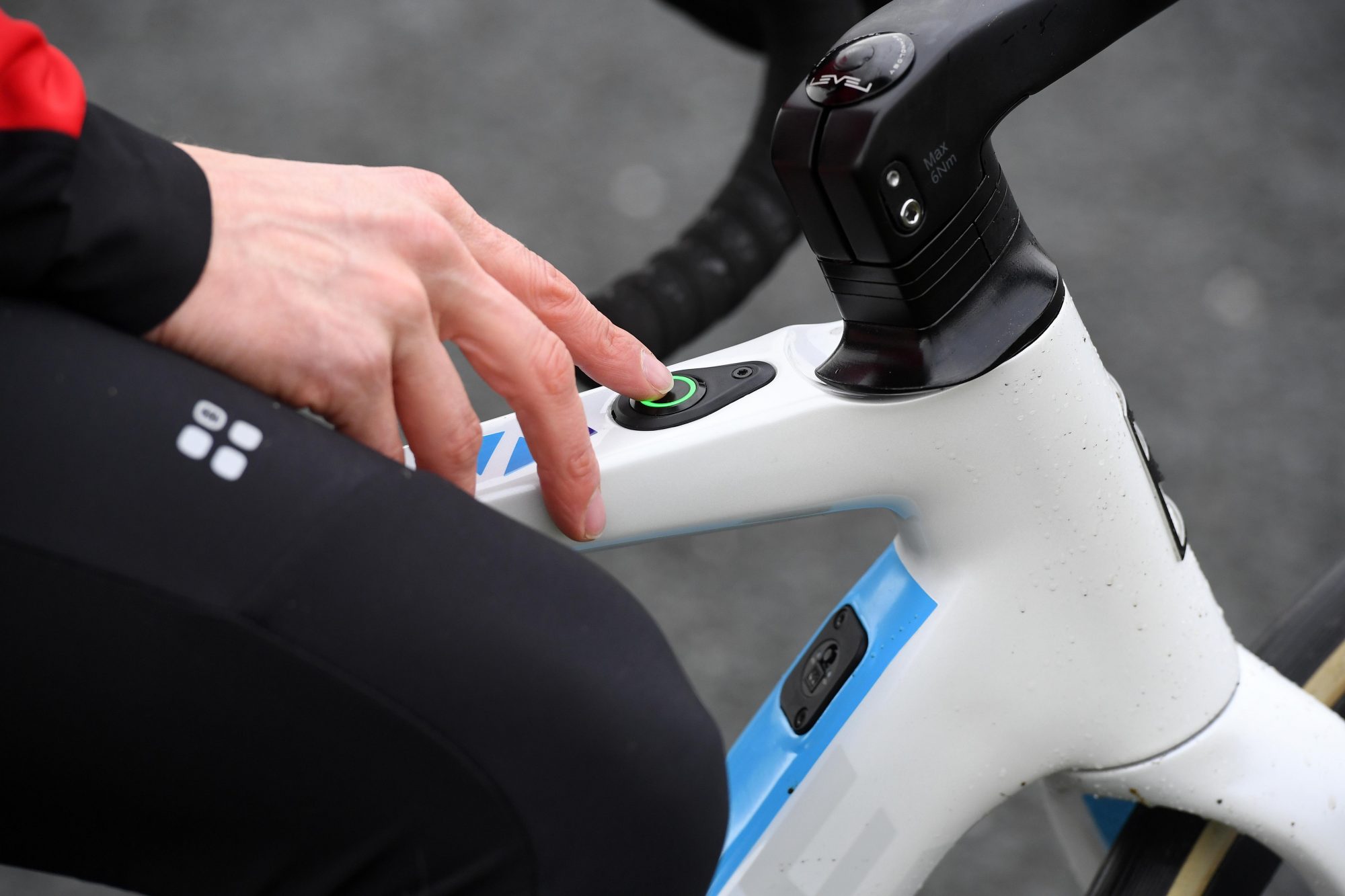
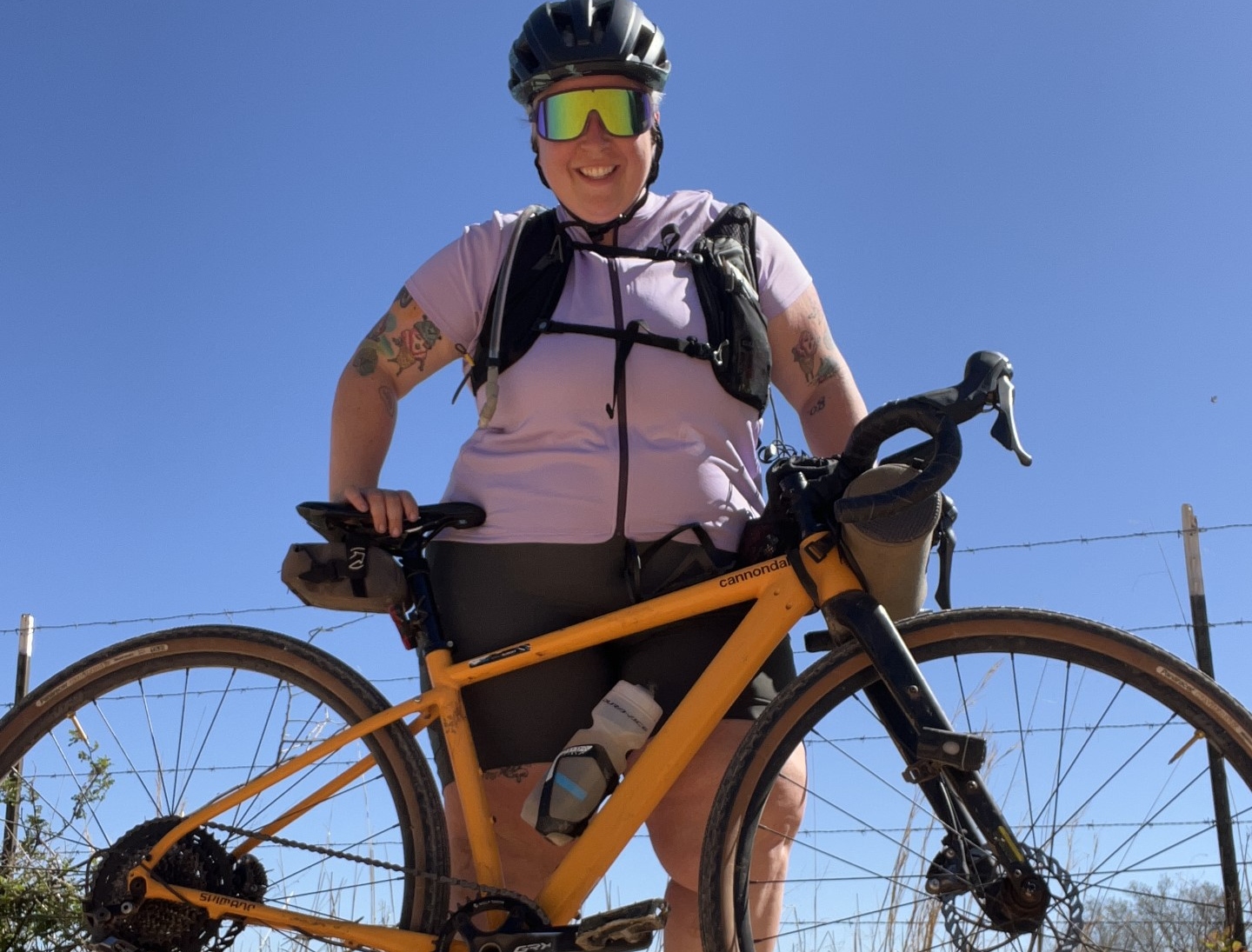
Nearly ten years ago, while commuting home from downtown Seattle, I encountered my first e-bike. As I crawled up a steep 10% grade, my heart pounding and breath ragged, an e-bike rider zoomed past me —accompanied by a distinct electronic whir—and they weren’t even pedalling. I won’t lie, my initial reaction was a mix of jealousy, frustration and dismay: how dare they not be working as hard as I was to go up the same hill!
Yet, everything changed when I had the opportunity to try an e-bike myself not long thereafter. With that first joyful experience, all my preconceived notions regarding e-bikes and who rides them went out the window. Since then, I’ve been fortunate to ride and own all sorts of e-bikes — from cargo e-bikes to e-mountain bikes, road e-bikes to city bikes. With each ride, my conviction strengthens: e-bikes aren’t cheating, and they’re not a threat to the cycling world. On the contrary, they are a valuable tool that broadens accessibility, enhances one’s riding experiences and supports inclusivity in cycling.
However, my initial reaction to e-bikes is far from unique. Many traditionalists view e-bikes with disdain. There’s a misconception that an electric motor on a bike somehow makes it less than an acoustic bicycle. I believe that this stigma comes from an outdated perception of cycling as solely a performance-oriented activity. This purist perception alienates the millions of riders who ride for joy, transportation or recreation. Cycling isn't just about speed, distance, or who’s suffering the most up a hill. It’s about connection, movement and, above all, enjoyment. E-bikes are simply another avenue for people of all ages and abilities to engage with cycling, and that should be celebrated, not shunned.
E-bikes still require physical effort and skill and offer a totally legitimate cycling experience. Riders must pedal, balance, steer and physically handle the bicycle. If you’ve ridden an e-bike, you’ll know that they’re often heavy, a bit unwieldy, and definitely require input to operate successfully. Sure, some models include a throttle (like the one that passed me on that fateful Seattle commute, these are not legal in the UK), reducing the need for pedal power. But instead of seeing this as "cheating," I challenge you to view e-bikes as an alternative way to experience cycling.
One of the biggest advantages of e-bikes is their ability to make cycling more accessible to a diverse range of people. From beginners intimidated by the physical demands of long rides to people with disabilities or limited physical capacity, e-bikes offer a way to participate. They allow older riders, those recovering from injury, and people of various body types or fitness levels to join group rides without the fear of being left behind or slowing others down. E-bikes enable parents to carry children on cargo bikes in a safe and fun way and empower delivery riders to transport heavy loads, reducing the need for large trucks in urban environments.
Though the controversy around e-bikes has waned as they’ve become more mainstream, one area of contention persists: their inclusion in group rides and races. Some argue that e-bikes could disrupt group rides by encouraging riders to charge ahead. While this concern is valid for performance-oriented rides, most group rides are about building community, exploring and enjoying the ride. E-bikes can help equalize the effort level within group rides, making it possible for mixed-ability groups to ride together without the pressure of keeping pace, or fear of holding others back. Rather than excluding e-bikes, we should encourage their participation by setting clear community expectations and recognising them as a valuable tool.
Racing and e-bikes, admittedly, stirs up another can of worms. Including e-bikes in competitions may be controversial, but since racing is already divided into various categories, adding an e-bike field seems like a natural step. From professional to age-group categories, riders of different abilities and experiences already race in segregated fields. Including an e-bike category, where all riders within that field are using e-bikes, allows more riders to experience the thrill and excitement of bike racing. And many races already do this, including many mountain bike races.
Get The Leadout Newsletter
The latest race content, interviews, features, reviews and expert buying guides, direct to your inbox!
Ultimately, e-bikes offer an opportunity to strengthen and grow the cycling community. By embracing them across disciplines, we open the door to more riders and create a more welcoming, inclusive, diverse community of riders. It’s past time to stop viewing e-bikes as a threat, as cheating or less-than.
E-bikes represent the future of cycling. So, let’s drop the gatekeeping and embrace the e-bike revolution. E-bikes aren’t the enemy—they’re the key to a more inclusive, diverse and vibrant future in cycling.

Thank you for reading 20 articles this month* Join now for unlimited access
Enjoy your first month for just £1 / $1 / €1
*Read 5 free articles per month without a subscription

Join now for unlimited access
Try first month for just £1 / $1 / €1

Marley Blonsky is a fat adventure cyclist, co-founder of All Bodies on Bikes, co-host of the All Bodies on Bikes podcast, curve model, advocate, and consultant. Marley is fiercely passionate about size inclusion, believing that everyone deserves full access to life - including at work, in sport, and at home.
-
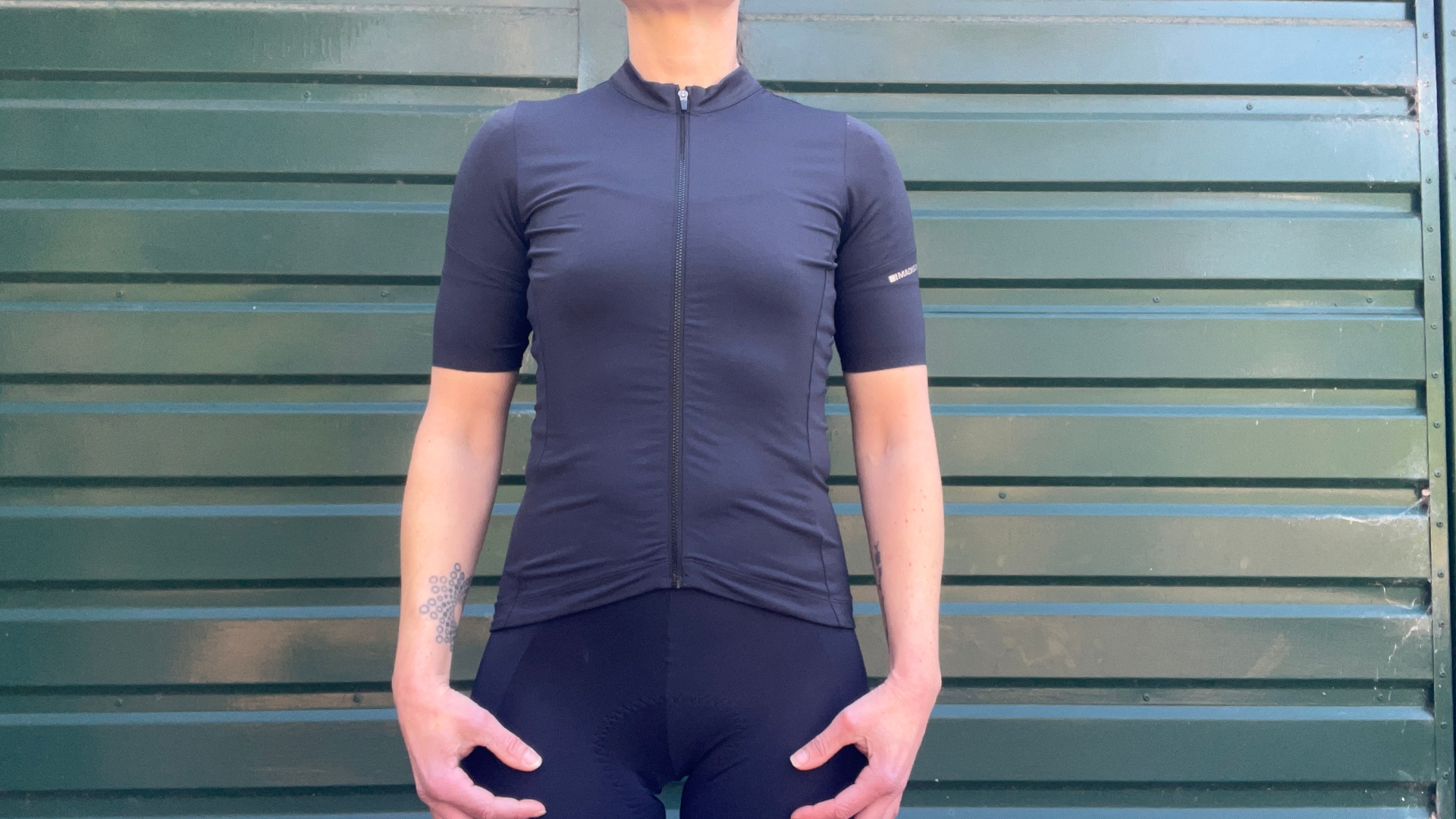 Madison Flux short sleeve jersey review: functional and affordable
Madison Flux short sleeve jersey review: functional and affordableThe road cycling jersey delivers top performance for a budget-conscious cyclist
By Hannah Bussey
-
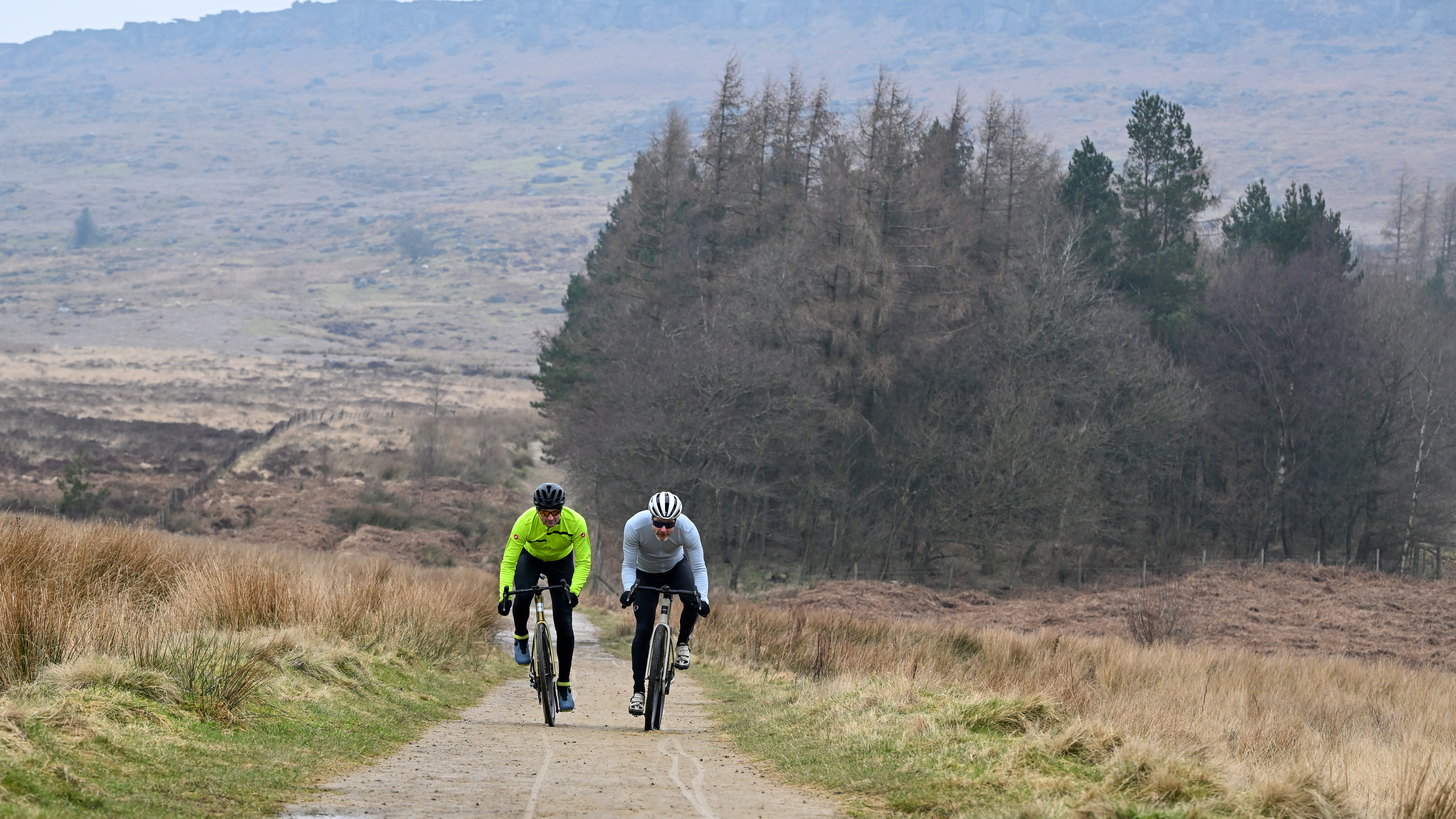 I pitched a top-end all-road bike against a top-end gravel bike, here's what I found
I pitched a top-end all-road bike against a top-end gravel bike, here's what I foundMulti-surface machines go head-to-head-to-head and categories clash as Tim Russon rolls up for the ultimate do-it-all bike showdown
By Tim Russon
-
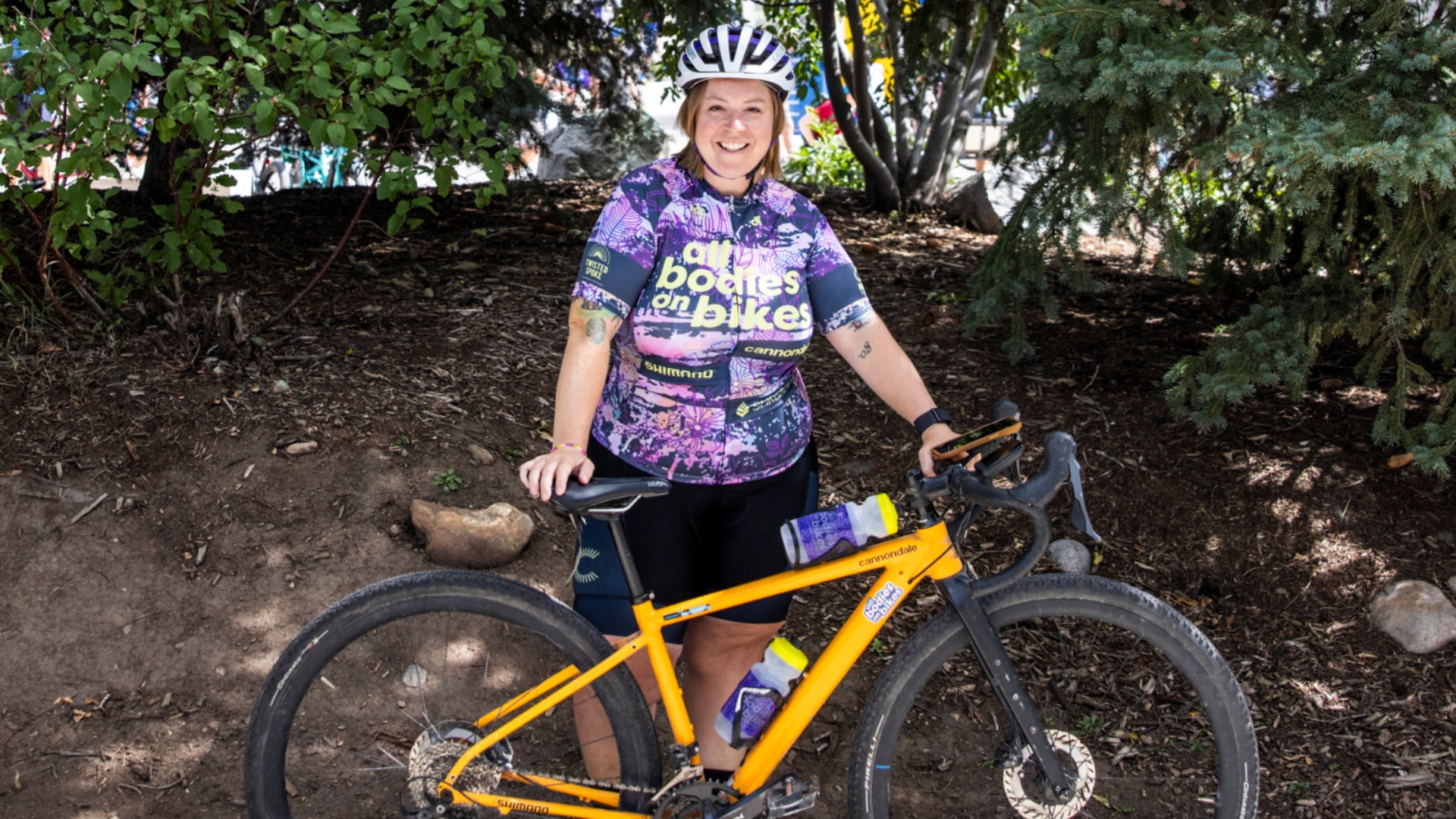 I’m a bike influencer - here’s how I earn a living
I’m a bike influencer - here’s how I earn a livingAs an influencer, I’m not paid for race results or performance; my value instead comes from the communities I’m building.
By Marley Blonsky
-
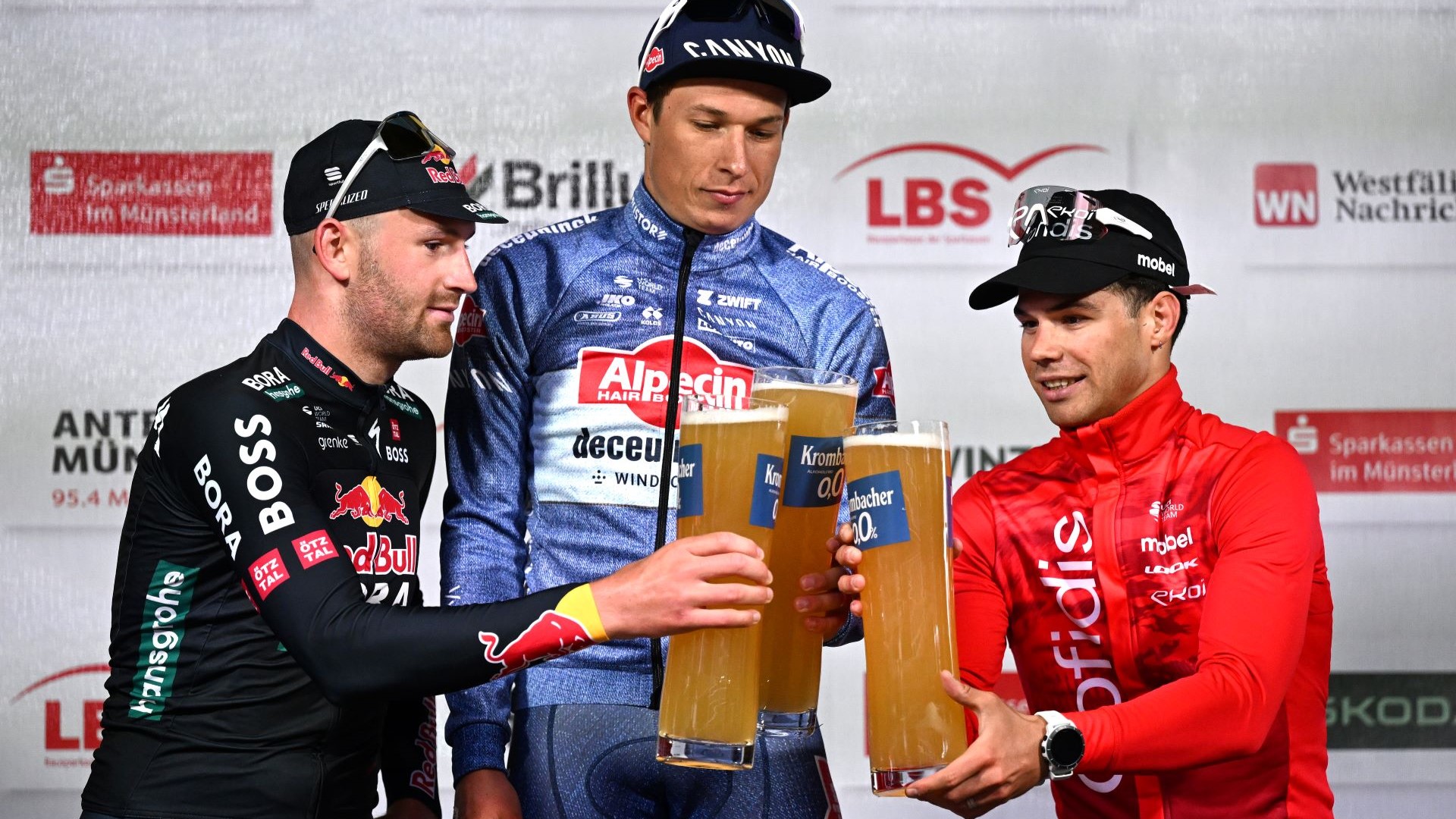 I don’t drink alcohol - Is there room for non-drinkers in cycling culture?
I don’t drink alcohol - Is there room for non-drinkers in cycling culture?Rethinking cycling’s drinking culture to focus on connection, inclusivity and post-ride joy for everyone
By Marley Blonsky
-
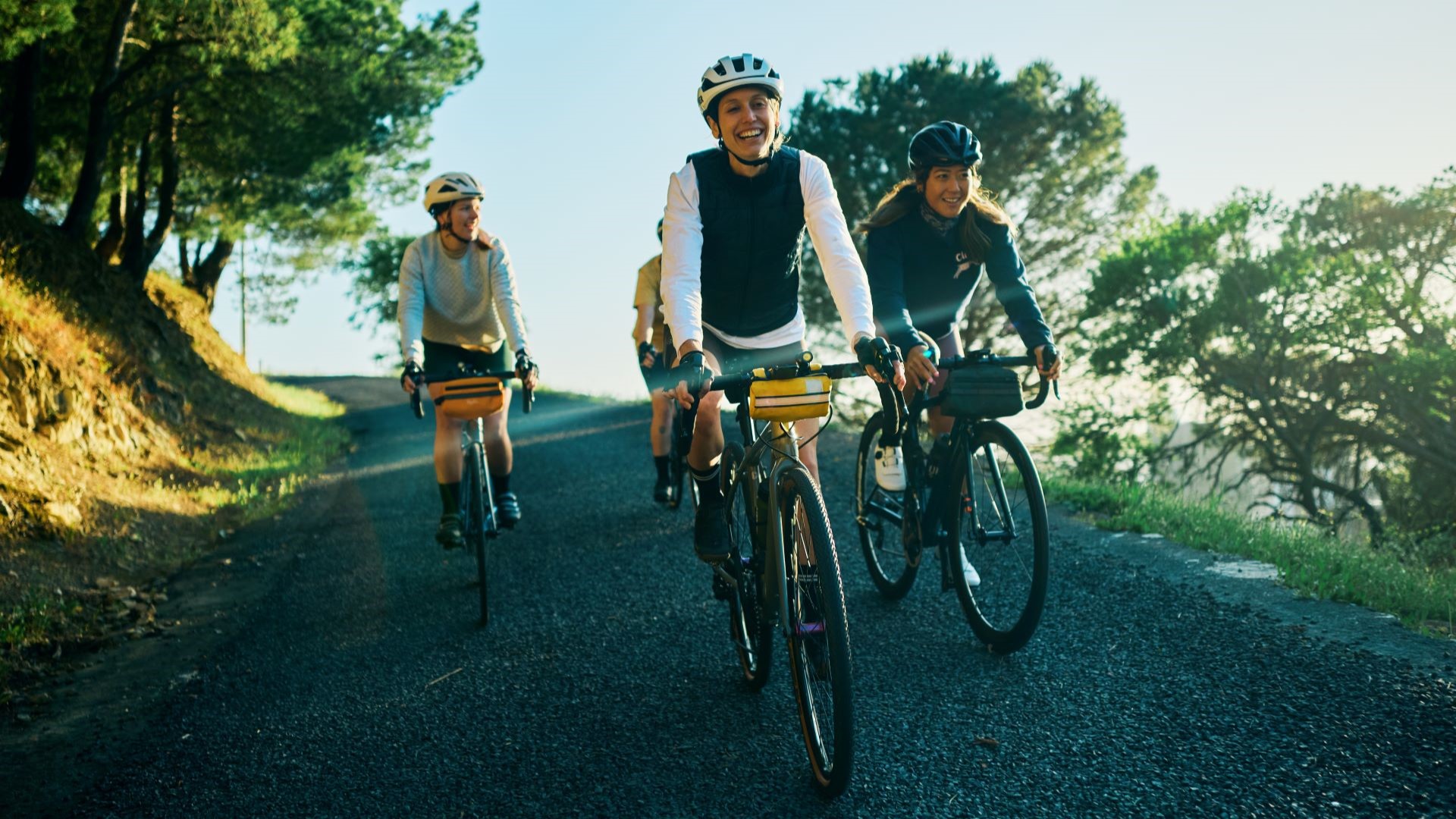 The benefits and freedoms of riding slow: what slower cycling can offer the mind and body
The benefits and freedoms of riding slow: what slower cycling can offer the mind and bodyHow slow rides build strength, endurance and a deeper connection to your ride
By Marley Blonsky
-
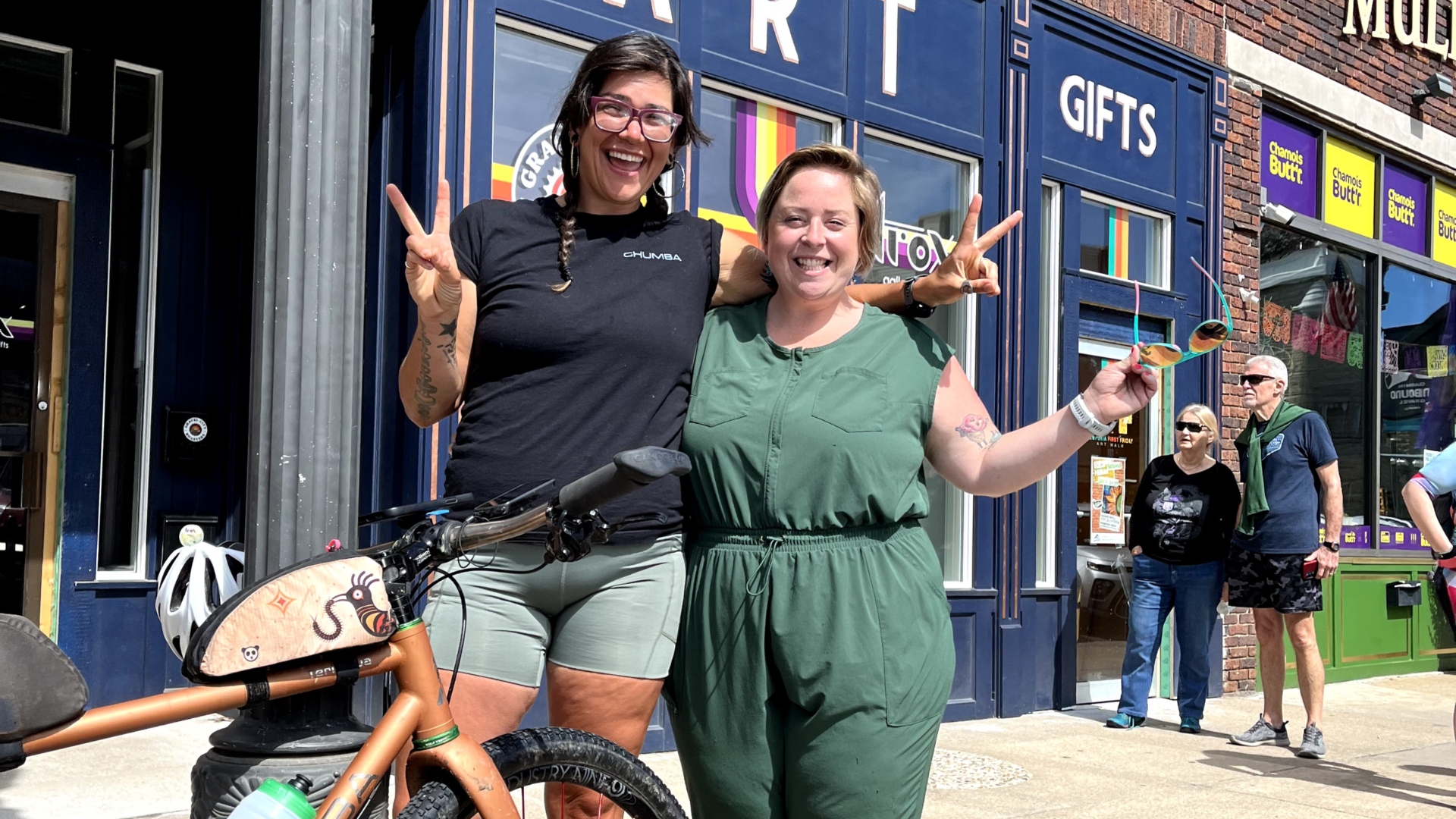 Not all cycling heroes wear yellow jerseys: meet my trailblazing cycling icons
Not all cycling heroes wear yellow jerseys: meet my trailblazing cycling iconsFar away from the WorldTour, these riders are reshaping the world of cycling through advocacy, inclusion and community.
By Marley Blonsky
-
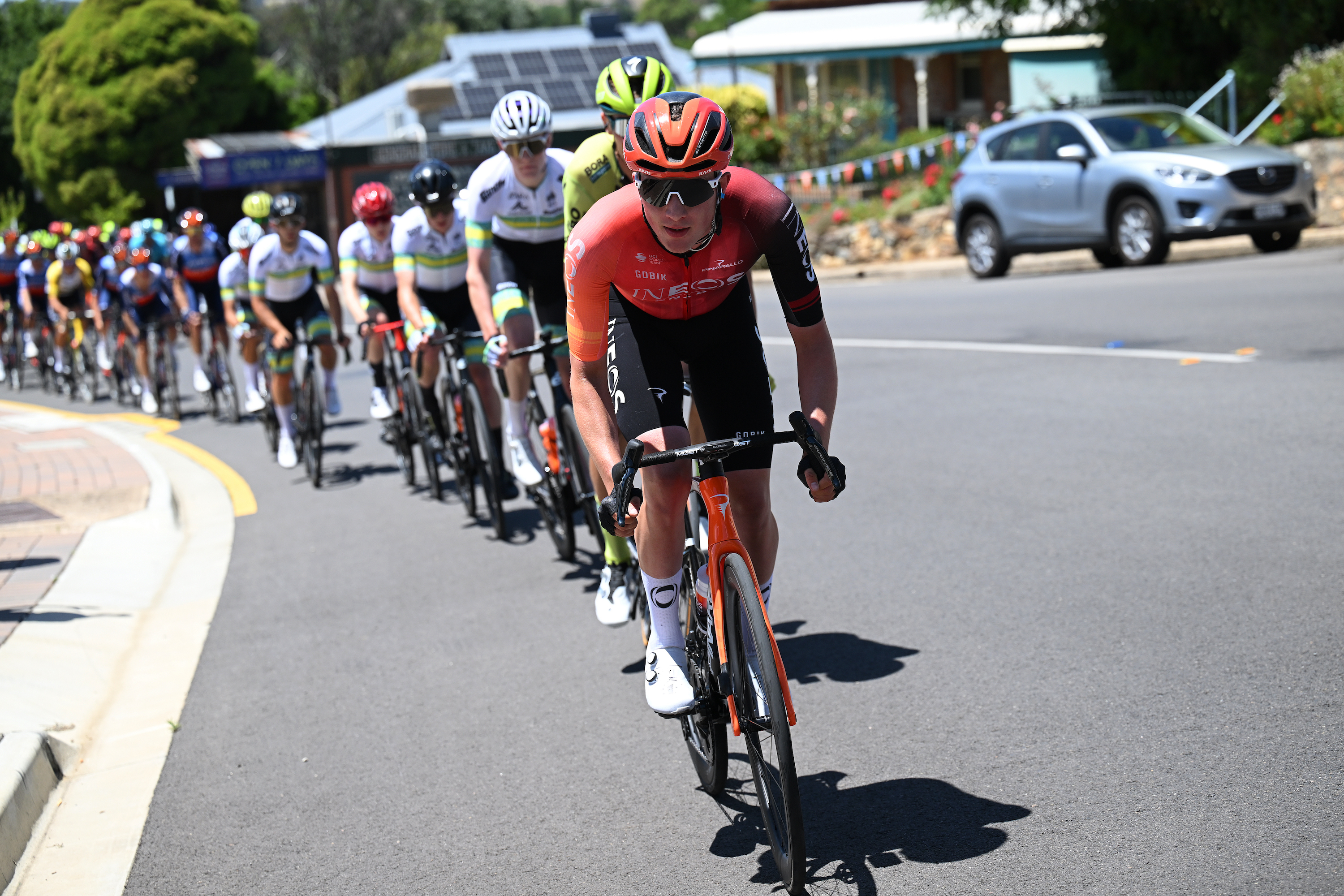 More pro cyclists are speaking about their mental health, and that’s a good thing
More pro cyclists are speaking about their mental health, and that’s a good thingIneos’ Leo Hayter opening up about his struggles last week was just the latest example of a new positive wave
By Adam Becket
-
 Cycling has a weight problem: a call for the industry to be more transparent about its weight limits
Cycling has a weight problem: a call for the industry to be more transparent about its weight limitsThe weight problem I’m referring to lies in cycling equipment itself —specifically, the low weight limits and the lack of accessible information on the weight capacity of products.
By Marley Blonsky
-
 Foreign Grands Départs for the Tour de France might be fun, but we should put a cap on them
Foreign Grands Départs for the Tour de France might be fun, but we should put a cap on themBarcelona 2026 will be the Tour’s fourth foreign start in five years. Is it time to think about the environment before profit?
By Adam Becket
-
 Unbound is one of the biggest things in cycling now, but I struggle to be interested in a race I can’t see
Unbound is one of the biggest things in cycling now, but I struggle to be interested in a race I can’t seeThe American gravel race is a huge deal for the industry, and for our readers, and yet it still leaves me a bit cold
By Adam Becket